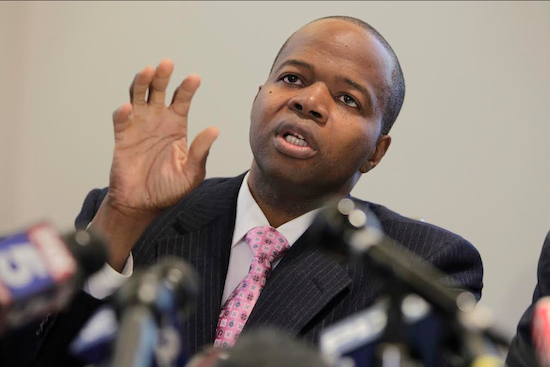No indictment in Ferguson as Brooklyn investigates its own police shooting

With the Associated Press
A grand jury declined Monday to indict white police officer Darren Wilson in the death of Michael Brown, the unarmed, black 18-year-old whose fatal shooting sparked weeks of nationwide protests and inflamed deep racial tensions between many African-Americans and police.
Prosecuting Attorney Bob McCulloch said the jury of nine whites and three blacks met on 25 separate days over three months. The jury heard more than 70 hours of testimony from about 60 witnesses, including three medical examiners and experts on blood, toxicology and firearms. As McCulloch read his statement, Michael Brown’s mother, Lesley McSpadden, sat atop a vehicle listening to a broadcast of the announcement. When she heard the decision, she burst into tears and began screaming before being whisked away by supporters.

Brooklyn Boro
View MoreNew York City’s most populous borough, Brooklyn, is home to nearly 2.6 million residents. If Brooklyn were an independent city it would be the fourth largest city in the United States. While Brooklyn has become the epitome of ‘cool and hip’ in recent years, for those that were born here, raised families here and improved communities over the years, Brooklyn has never been ‘uncool’.